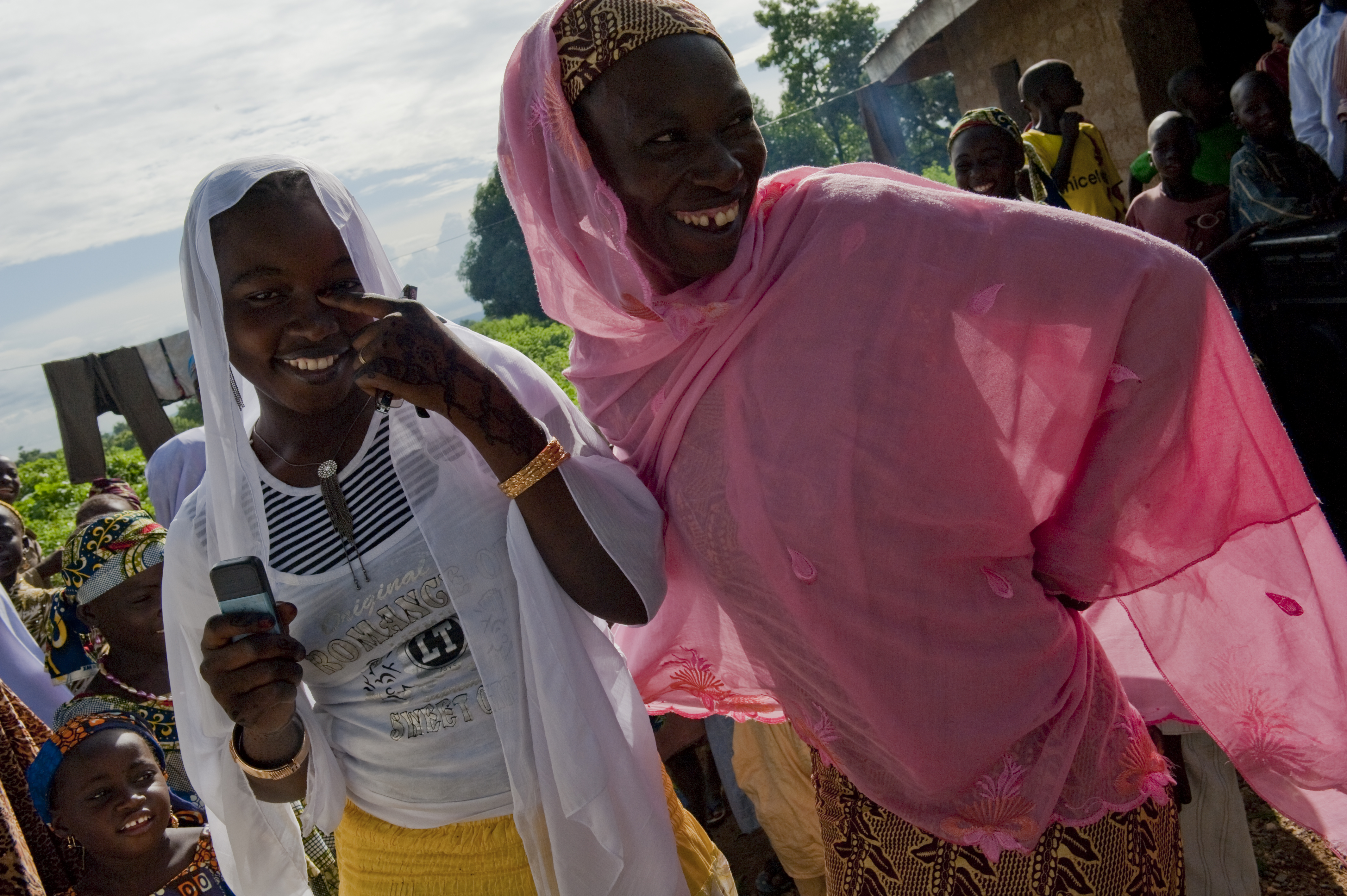
This post was originally published by the Web Foundation at webfoundation.org.
The Web Foundation, the Alliance for Affordable Internet and UN Women are calling on governments to invest at least 50% of funds collected for expanding connectivity in projects targeting women’s internet access and use. This call to action is based on our new research — released today at the 62nd UN Commission on the Status of Women.
The research finds that an estimated US$408 million collected to expand internet access is sitting unused in public coffers throughout Africa. Failure to use these funds — enough to bring 6 million women online, or to provide digital skills training to 16 million women and girls — to expand connectivity to all risks widening global inequality and undermining global development.
Though nearly half the world is online today, close to four billion people remain unconnected. Universal Service and Access Funds (USAFs) are communal public funds dedicated to expanding internet connectivity and access opportunities for these populations and other underserved communities who are least likely to be connected through market forces alone.
Putting these funds to good use throughout Africa is critical to closing the digital divide — just 22% of the continent is online, and the gap in internet use between men and women is widest (25%). Putting USAF money toward closing the (worsening) digital gender gap is a critical — and untapped opportunity — for making progress toward closing the wider digital divide.
The report, Universal Service and Access Funds: An Untapped Resource to Close the Gender Digital Divide, examines the existence and use of Universal Service and Access Funds (USAFs) across Africa, and the extent to which these funds are being put to use to improve internet access and use among women. The research finds that:
- A majority of African countries have a USAF in place that is collecting funds. 37 African countries (or almost 70%) have a USAF set up, and 62% of these funds are considered ‘active’.
- But, most governments are failing to spend the USAF funds collected. In 2016, USAFs across Africa disbursed just 54% of funds collected. Across all 37 USAFs in Africa, unspent funds total an estimated US$408 million — enough to bring 6 million women online, or to provide digital skills training to 16 million women and girls.
- Few countries are focused on improving women’s internet access and use — despite the worsening digital gender gap. Just three of the 37 countries with USAFs have universal access policies guiding the USAF that explicitly aim to connect women and girls through the fund.
- Most USAF managers do not yet appreciate the importance of investing in solutions to reduce the gender digital divide. Many assume that investment in any internet access solution will equally benefit both men and women, which is unfortunately not the case.
- Information about USAF financing, programming, and disbursement is hard to find. Just 23 countries openly publish details on their USAF activities; even when they do publish these details, they can be hard to find and hard to understand, leaving citizens little power to hold the USAF to account.
Analysis in the report shows that in order to reduce the growing global gender gap in internet use — a gap which is widest in Africa — USAFs should boost investments in programmes that aim specifically to tackle obstacles to internet use and access faced by women.
Download the full report, Universal Service and Access Funds: An Untapped Resource to Close the Gender Digital Divide.
Follow us on Twitter @A4A_Internet, @webfoundation & @UN_Women.
One Response

An excellent report – on a very important topic.
2 comments:
I do not agree with Recommendation 1: I do agree that more funds should be spent exclusively on bringing women on line, but 50% of collected funds on women related projects is too steep – because all USF projects are for women too! The figure could be around 25%.
I strongly agree with Recommendation 3: There must be transparency of fund disbursements and operations. Those who do not ensure transparency, have obviously something to hide.